
Mr. Lock Kai Seng - Professor
Professor Lock Kai Seng is a Professor of Singapore Institute of Technology. He received Ph.D. degrees in Electrical Engineering from University Of Strathclyde, United Kingdom. In 2005 he took responsibility as Chairman, Accreditation Committee for Energy Services Companies (ESCO) at National Environment Agency (NEA) until now and then in 2015 he appointed as Co-Chair, Steering Committee, Singapore Certified Energy Managers Scheme until now. He has more than 46 years of electrical industry experience. Then in 2016 he joined Singapore Institute of Technology as a Professor.
Lock conducted research and development in the areas of electrical power engineering in power electronics & electrical machines. He has published 12 conference papers. He also co-authored of “Grounds for Grounding – a Circuit-to-System Handbook” published by IEEE-Wiley in 2010. In addition, he also won the “Honorary Fellow” award at Institution of Engineers in 2014.
1. What innovative energy technologies are developed at the institution itself? To what extent could those be directly installed and tested in buildings?
The Energy Efficiency Technology Centre (EETC) at the Singapore Institute of Technology (SIT) has been operational since June 2020. The collaboration with the National Environment Agency (NEA) taps on its energy specialists with access to its verification management equipment. In the past one year, the focus of the EETC has been directed to conducting energy audits for the industrial facilities of small and medium enterprises (SMEs) in Singapore and applying existing technologies innovatively to customize the implementation of energy efficiency measures.
The knowledge gained on the energy performance of various industrial sectors and the data of major energy consuming systems can serve as catalysts for our applied research projects that are scheduled to be launched during the second phase of the EETC’s activities, commencing in early 2023.
In addition to helping SMEs implement energy efficiency measures through low-cost high quality energy audits, the EETC also undertakes two other key initiatives:
- Developing a robust talent pipeline
o The EETC employs engineering undergraduates as Assistant Engineers (AEs) through the Integrated Work Study Programme (IWSP) to work on energy assessment projects over a period of 6 to 12 months. The competency gained from hands-on energy audits will enable them to subsequently take on energy efficiency projects at their workplace upon graduation.
- Upskilling energy professionals
o The EETC conducts a series of intensive Energy Efficiency Upskilling Programmes (EEUP) for energy managers in the industry. The EEUP is a 5-day specialized training programme which dives into the major industrial systems such as, compressed air systems, boilers, steam systems and electrical power systems. Each EEUP comprises two parts, a three-day classroom-sharing by experienced instructors on key principles and theories, followed by a two-day authentic energy audit and assessment of the industrial system. The holistic infusion of theories and hands-on experience will enable course participants to confidently take on energy-efficiency auditing opportunities at their industrial plants.
2. What exactly is driving the call for sustainable or “green” buildings these days? In addition to the continual rise of energy prices, quality of life issues in the workplace, such as indoor comfort, lighting, and air quality, are increasing in importance.
The World Green Building Council defines a “green” building as a building that, in its design, construction or operation, reduces or eliminates negative impacts, and can create positive impacts, on our climate and natural environment. A few characteristics of green buildings include: efficient use of energy, water and other resources; use of renewable energy, such as solar energy; use of materials that are non-toxic, ethical and sustainable; a design that enables adaptation to a changing environment, and more.
In Singapore, today, the major driving force behind the call for sustainable or “green” buildings are:
- Government policies and regulations such as the Building & Construction Authority (BCA) requirements for green buildings
- Financial incentives for Green Buildings entail lowered life cycle cost through inherent energy saving processes, lowered operations and maintenance.
- Green Buildings are increasingly desirable to market demands, as business & commercial tenants seek to enhance corporate image by having an office in a green building.
- Green buildings meet corporate social responsibility (CSR) of stakeholders as organizations are associated with being socially responsible thereby bolstering organizational image.
- Green buildings enhance the quality of the workplace environment, as comfort, lighting and air quality brings about improved productivity.
3. Do you think it is feasible to have a 100% Renewable Energy-based Electricity System in Singapore in the distant future?
It does not seem feasible now, or anytime in the near future, for Singapore to have a 100% renewable energy-based electricity system. Singapore's limited physical land mass prevents the installation of large facilities to deploy major renewable energy sources such as wind energy and photovoltaic solar energy.
Despite this, Singapore can still encourage the adoption of a more renewable energy-based electricity system by importing renewable electricity from regional power networks to access energy that is cost-competitive. This could be realized through bilateral cooperation or regional initiatives. The idea of regional power grids entail building transmission lines that connect Singapore to its neighboring countries that are currently producing renewable sources of energy through solar and wind. By connecting power plants and customers across Southeast-Asia, there is greater access to more energy options that meets with our collective energy needs.
4. What are the major technical challenges Singapore is facing today in the path of achieving sustainable energy goals?
There are two major technical challenges that Singapore face today in the path of achieving its sustainable energy goals.
Firstly, Singapore’s limited physical land mass limits the installation of large facilities that deploy major renewable energy sources such as wind energy and photovoltaic solar energy.
Secondly, although Singapore can import large amounts of renewable electricity from regional power networks, being a small island state makes us prone to high energy prices due to the absence of proper policies and practices surrounding energy security. Therefore, we need to strike a balance between keeping our economic vibrancy, while ensuring our energy security, and safeguarding our environment.
The EETC aims to help companies, in particular small and medium enterprises (SMEs) through energy consultancy services, discover and implement energy efficiency improvement measures, and build up local industrial energy efficiency capabilities. This will help us h inch a step closer to becoming a more green and smart city.
5. What are your projections for the program's (EETC) future?
For the EETC, the program is looking to continue delivering and expanding on:-
- Conducting low cost high quality assessments for manufacturing SMEs, and expanding this process to SMEs from different industrial sectors beyond manufacturing;
- The training programme to include new graduates from different university programmes, as well as mid-career professionals looking to transit into the energy efficiency industry. This will build up the talent pipeline for energy efficiency professionals;
- Providing training for existing professionals aimed at building up their confidence and skills in energy assessments, through the establishment of a regional training centre that focuses on training and research in the field of energy efficiency.
The EETC is currently looking to conduct benchmarking studies for different industrial sectors with the purpose of enabling government agencies to develop relevant policies backed by credible data. This is in addition to various applied research projects on the industrial applications of energy efficiency to study the feasibility of implementing new technologies across different manufacturing sectors.
6. Is it possible for someone who is no longer a student to participate in this program?
Yes, the EETC will be looking to take in fresh graduates across different university programmes, as well as mid-career professionals looking to transit into the energy efficiency space. In addition, the EETC is already looking to pilot a mentoring programme for SMEs where students will work together with the EETC team on energy assessments and efficiency modules.
Find more at https://www.singaporetech.edu.sg/directory/faculty/kai-sang-lock






.png)
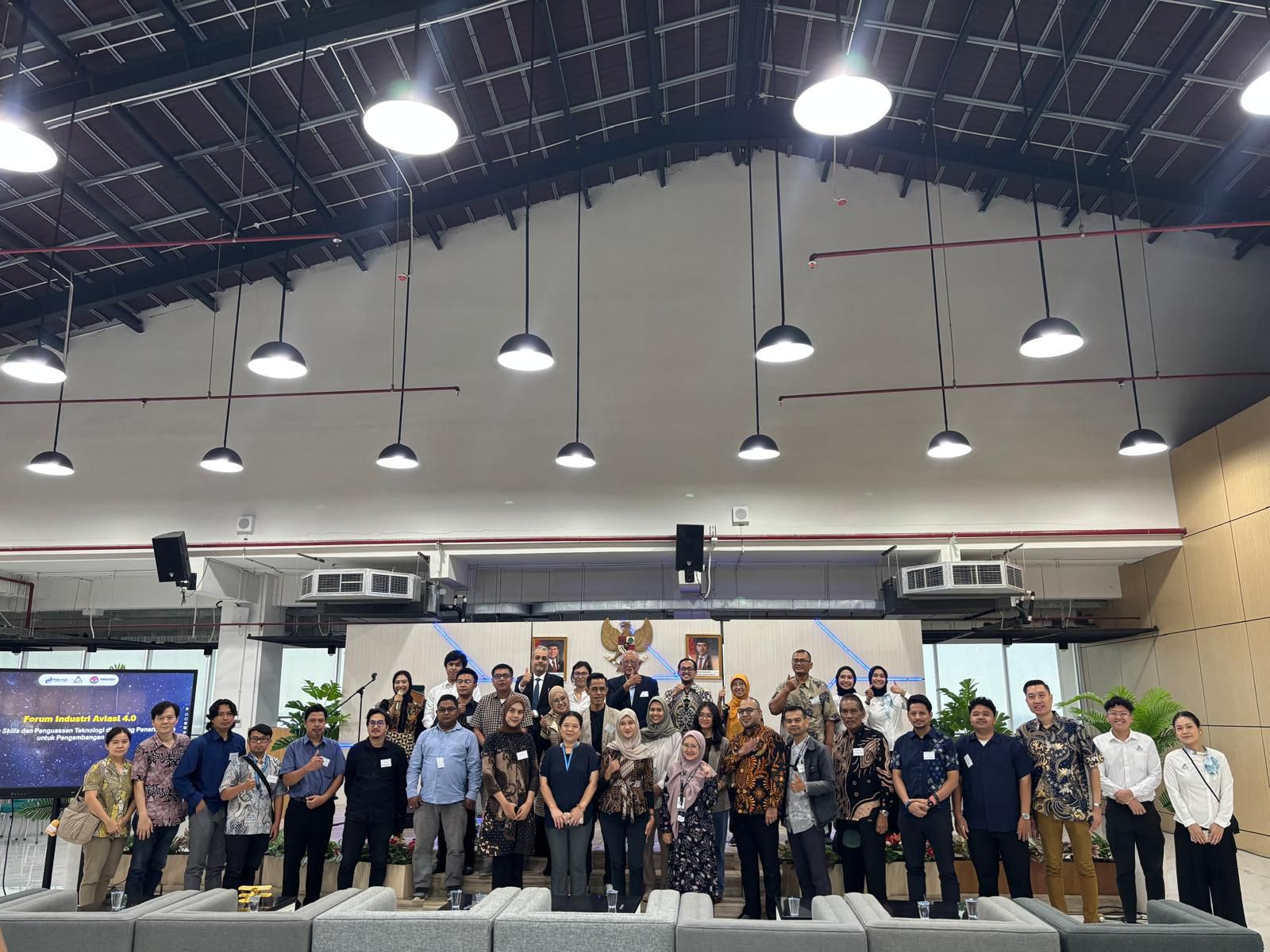


.jpg)
.png)



.jpg)
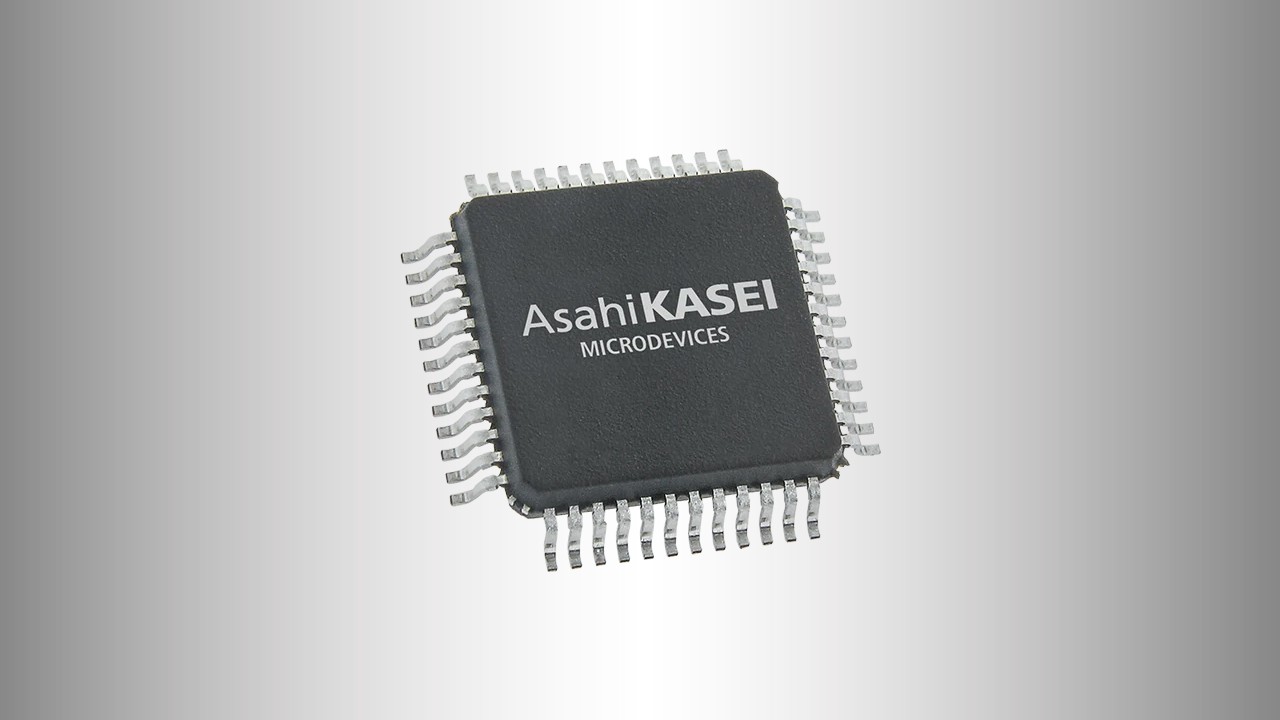
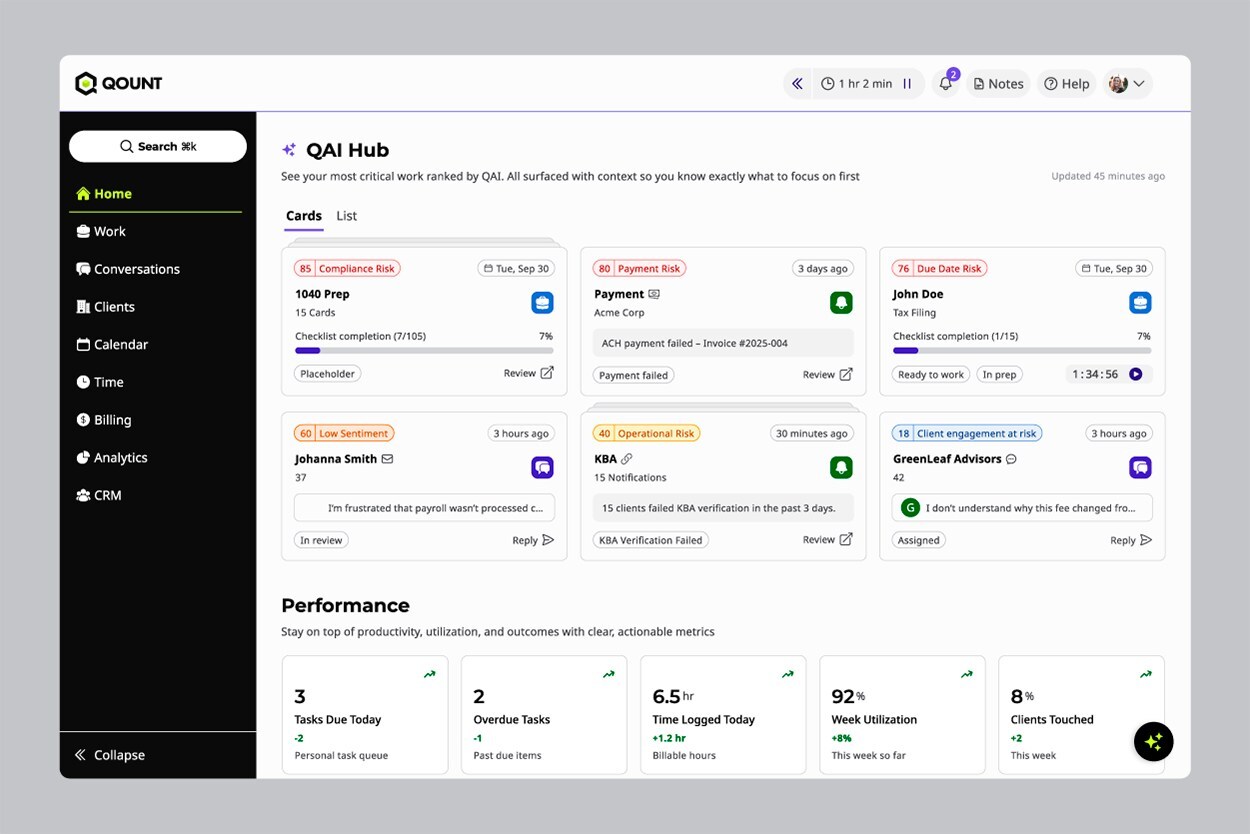



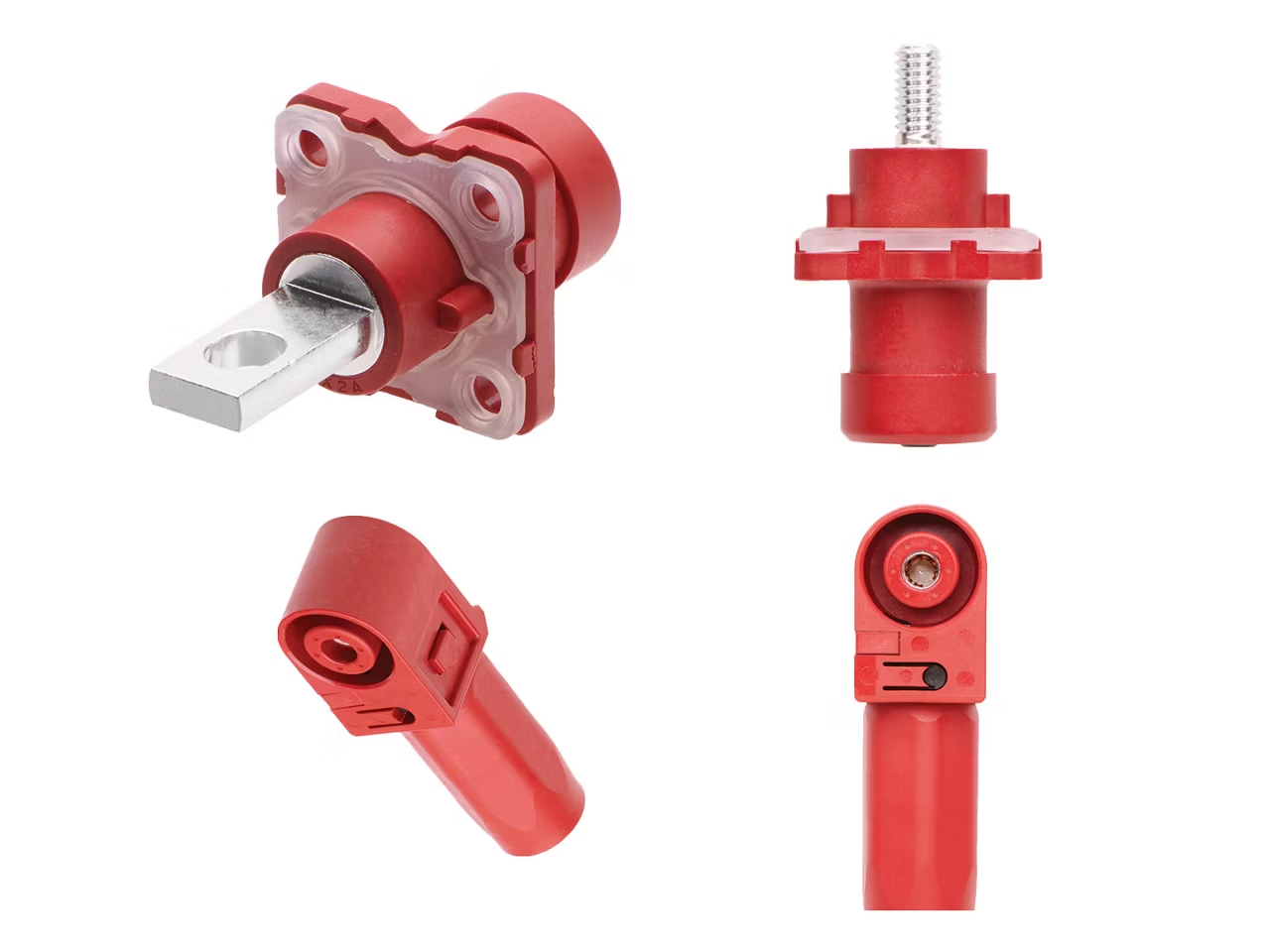
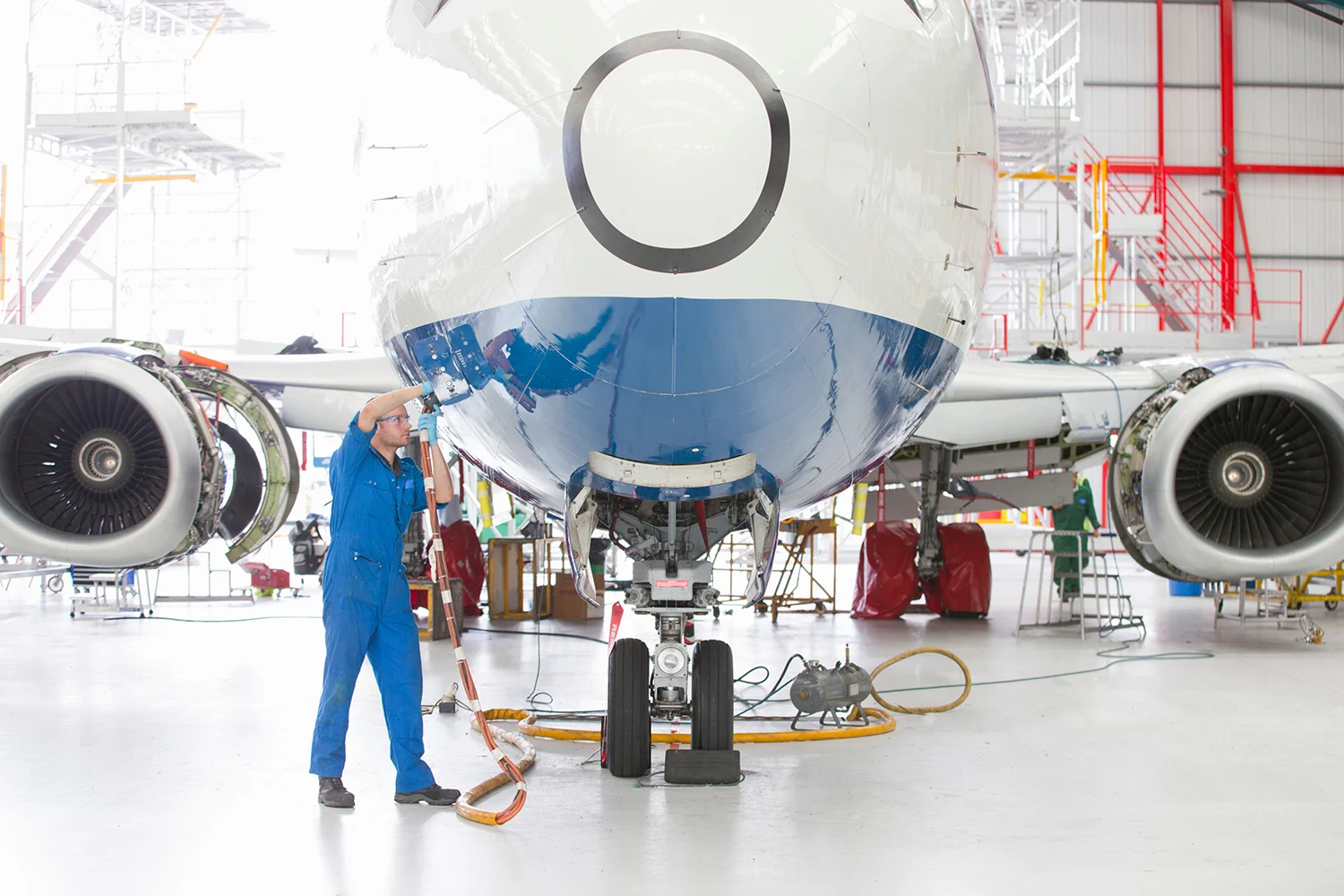


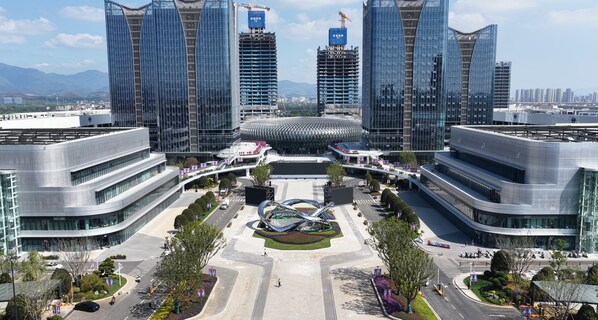
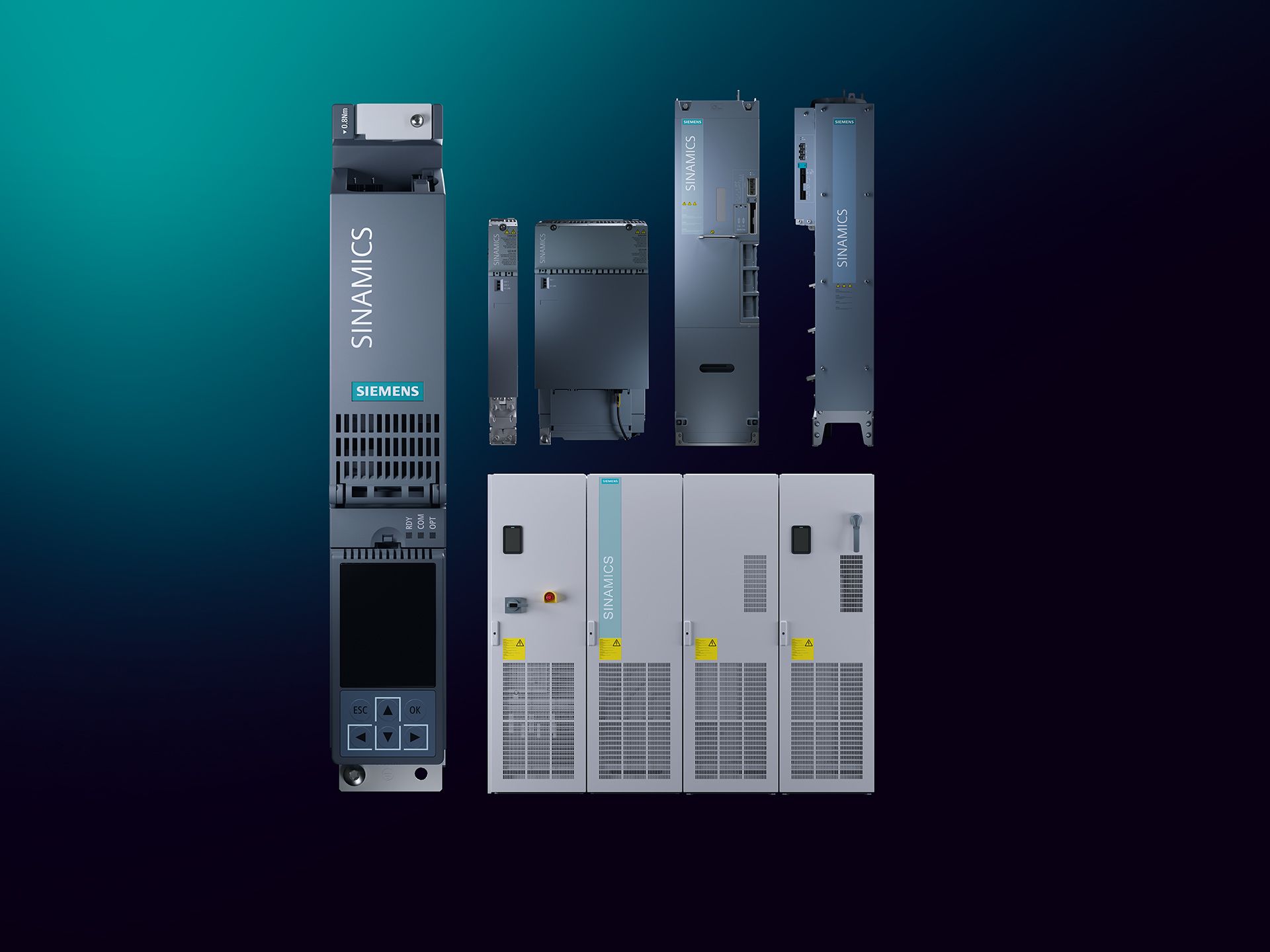
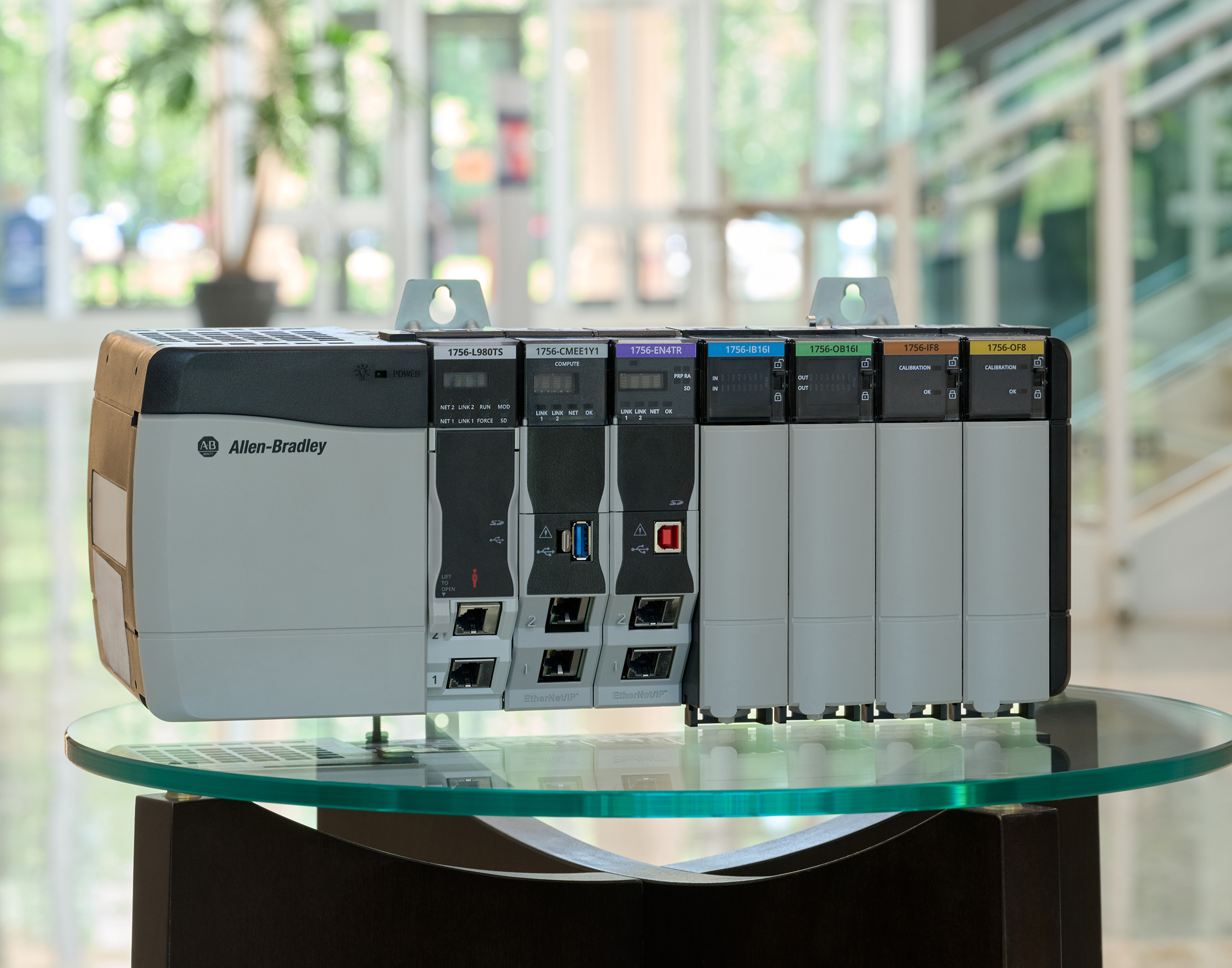

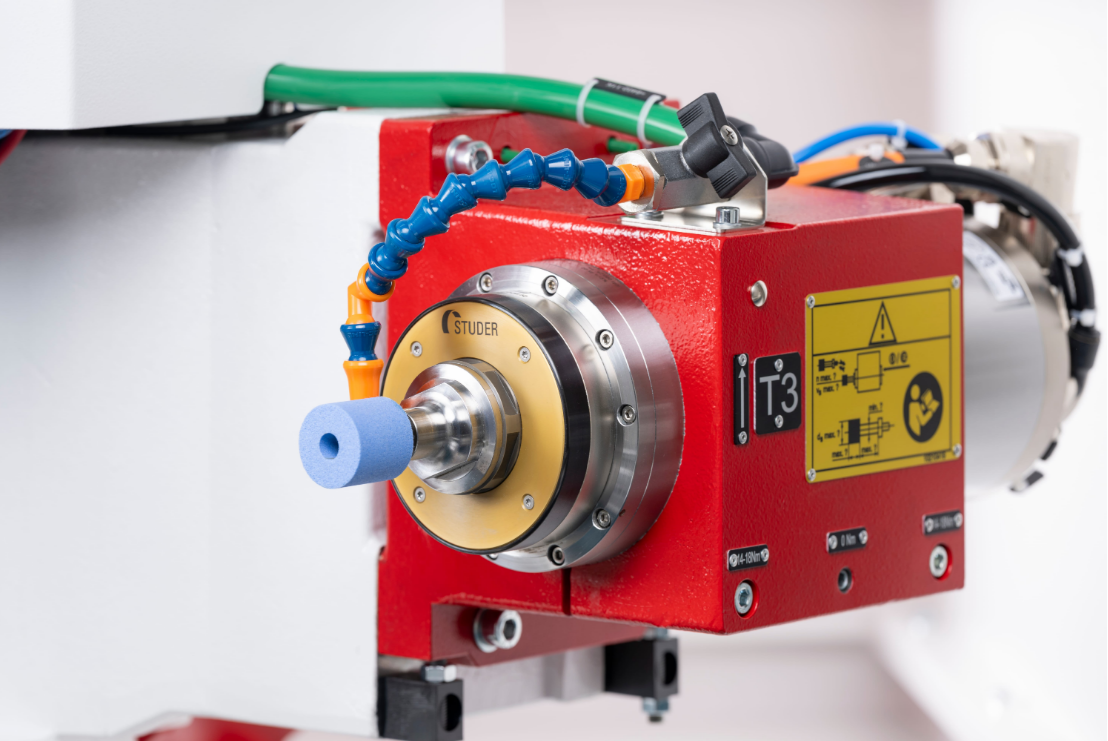
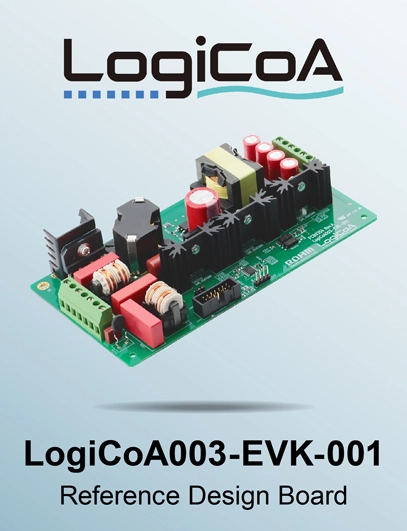

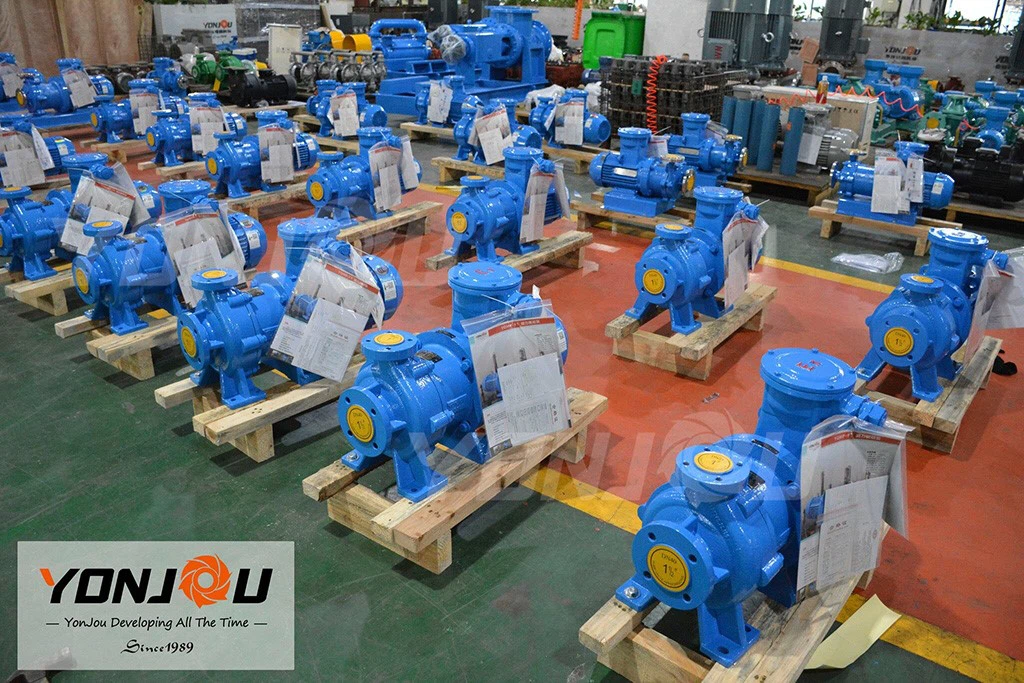


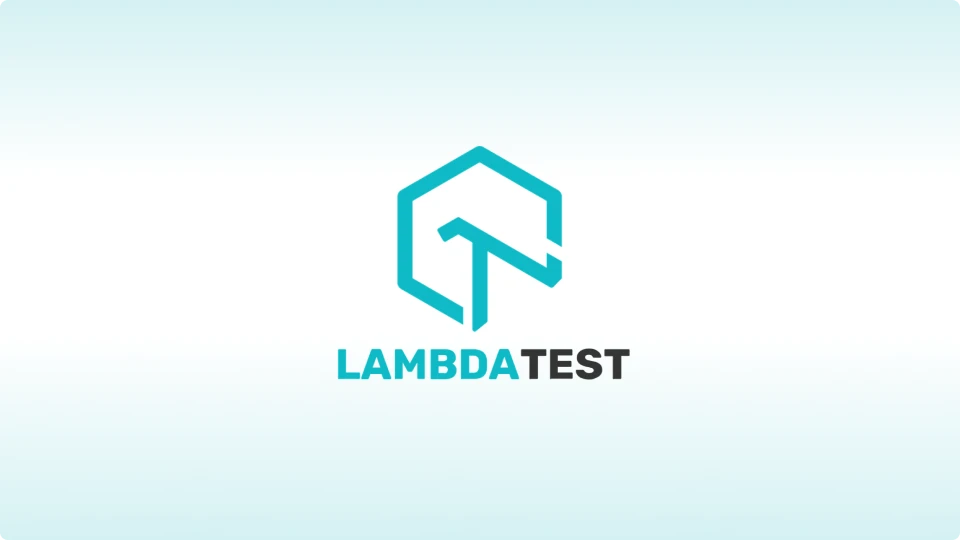

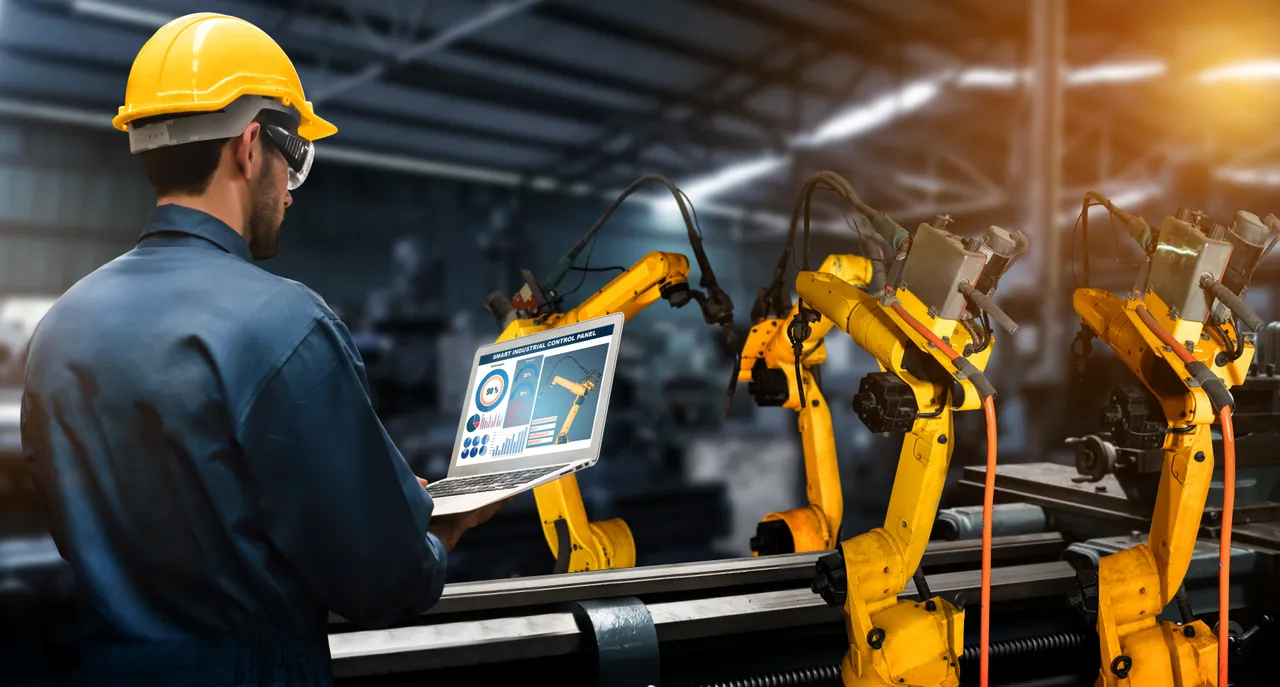
.png)
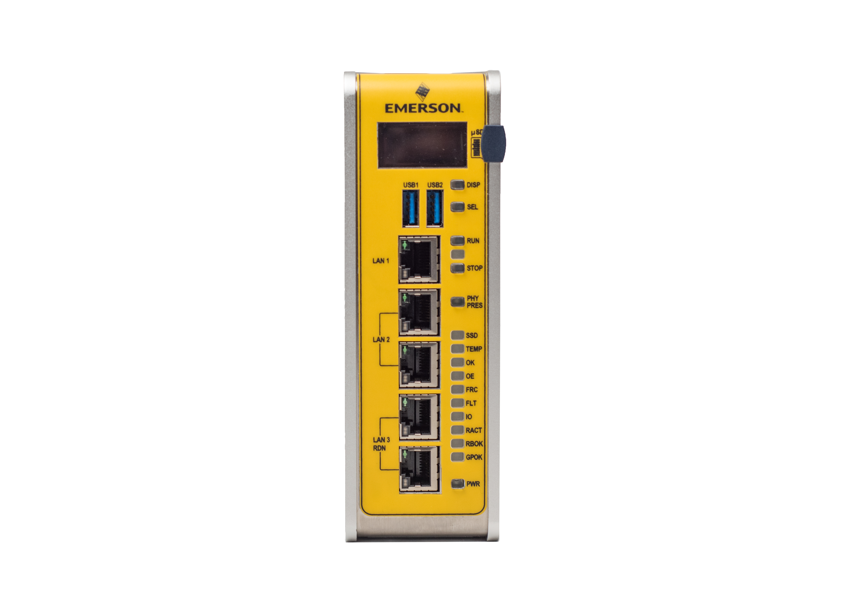



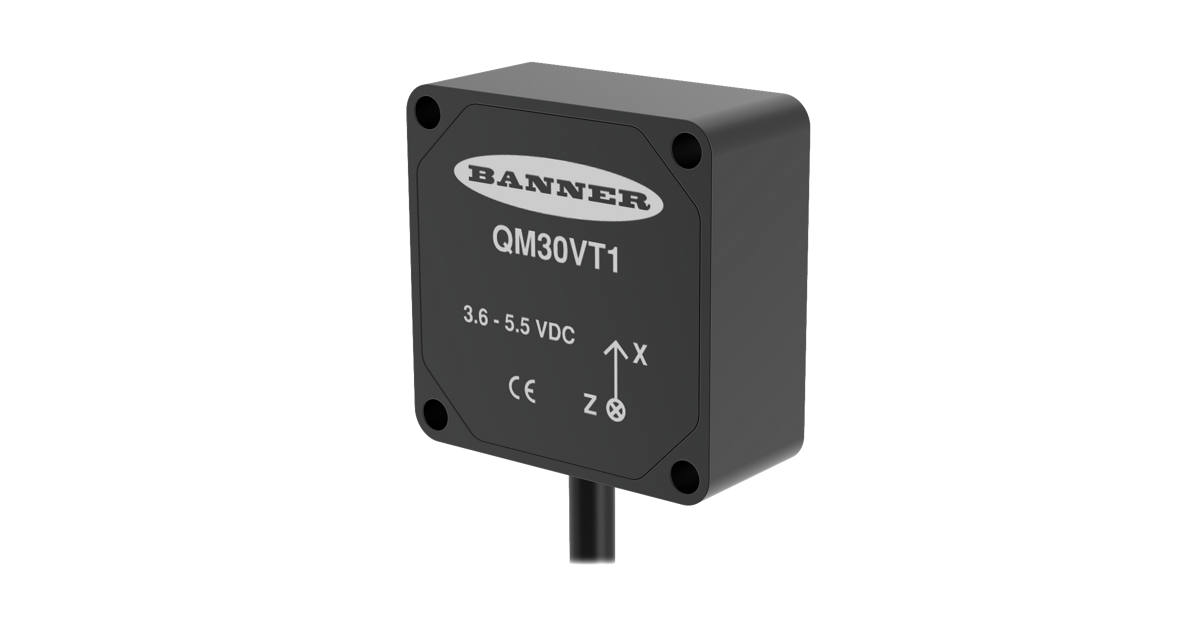
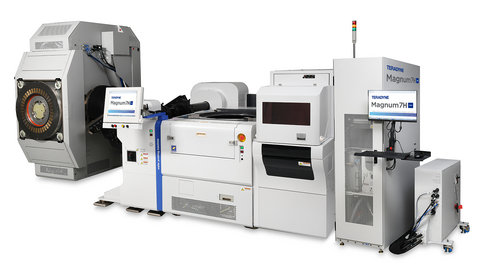

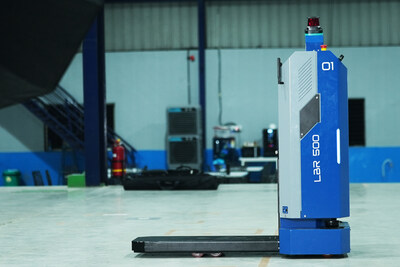
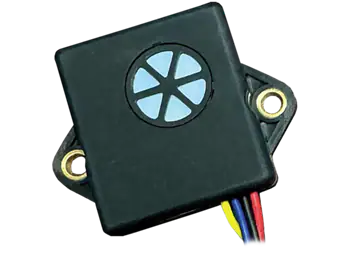


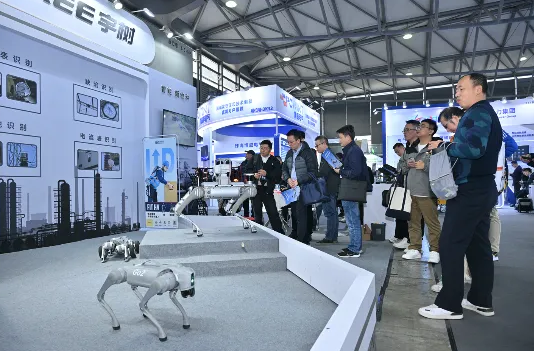
.png)





























.png)











.png)


















